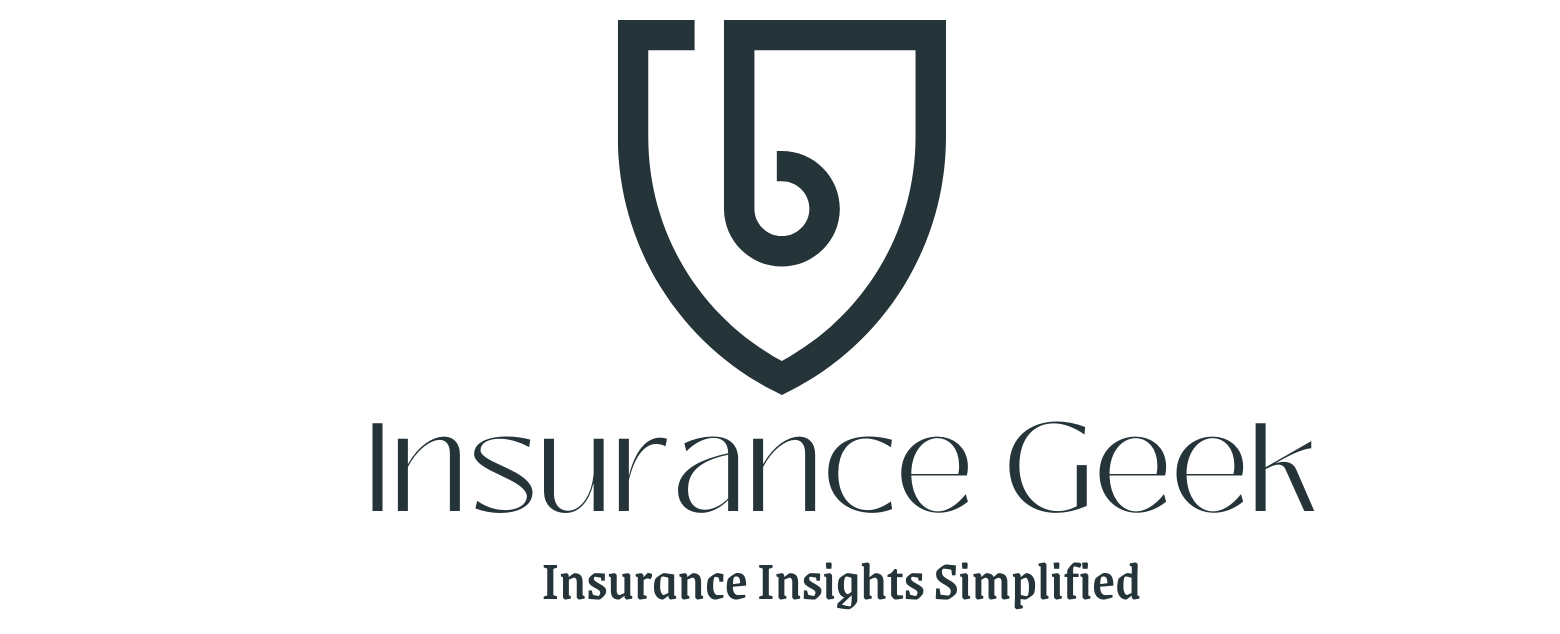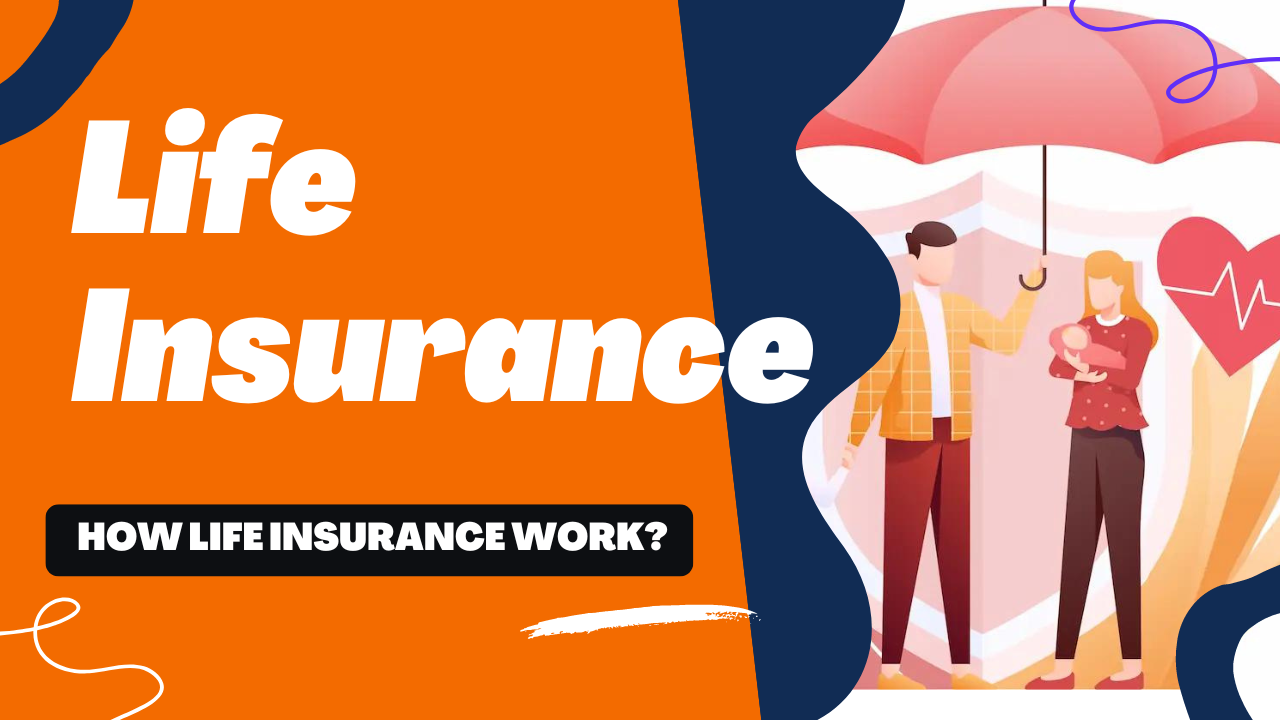What is Life Insurance?
Life insurance is a contract between an individual and an insurance company in which the insurer promises to pay a designated beneficiary a sum of money upon the death of the insured person. This agreement is solidified through the payment of premiums by the policyholder, which can be made periodically or as a lump sum.
Importance of Life Insurance
Life insurance is crucial for financial planning. It provides a safety net for families and dependents, ensuring they are financially protected in the event of the policyholder’s death. This financial support can cover various expenses such as funeral costs, debts, mortgage payments, and daily living expenses.
Who Needs Life Insurance?
Life insurance is essential for anyone with dependents or financial obligations that would continue after their death. This includes parents, homeowners, business owners, and individuals with significant debts. It is also beneficial for those who want to leave a legacy or charitable contributions.
Overview of How Life Insurance Works
Life insurance operates by the policyholder paying premiums to the insurance company. In return, the insurer guarantees a death benefit to the beneficiaries upon the policyholder’s death. The specifics of how the death benefit is paid out and the conditions under which the policy remains in force depend on the type of policy purchased.
Types and Categories
Term Life Insurance
Definition
Term life insurance provides coverage for a specified period, such as 10, 20, or 30 years. If the policyholder dies during the term, the death benefit is paid to the beneficiaries. If the policyholder outlives the term, the coverage expires without any payout.
Key Features
- Temporary Coverage: Limited to the term length.
- Lower Premiums: Generally more affordable than permanent life insurance.
- Renewability: Can be renewed or converted to a permanent policy.
Pros and Cons
Pros:
- Affordable initial premiums.
- Simple to understand.
- Suitable for temporary needs.
Cons:
- No cash value accumulation.
- Coverage ends if outlived the term.
Whole Life Insurance
Definition
Whole life insurance provides lifelong coverage as long as premiums are paid. It also includes a cash value component that grows over time, which the policyholder can borrow against or withdraw.
Key Features
- Permanent Coverage: Lasts for the insured’s lifetime.
- Cash Value: Accumulates over time and can be accessed.
- Fixed Premiums: Premiums remain the same throughout the policy.
Pros and Cons
Pros:
- Lifetime coverage.
- Cash value accumulation.
- Fixed premiums.
Cons:
- Higher premiums compared to term life.
- Complexity and potential fees.
Universal Life Insurance
Definition
Universal life insurance offers flexibility in premium payments and death benefits. It combines permanent coverage with a savings component that earns interest.
Key Features
- Flexible Premiums: Policyholders can adjust premiums and death benefits.
- Interest-Bearing Account: Savings component that earns interest.
- Lifelong Coverage: As long as premiums are paid.
Pros and Cons
Pros:
- Flexible premiums and coverage.
- Cash value accumulation with interest.
- Lifelong protection.
Cons:
- More complex than term and whole life.
- Returns on savings component can vary.
Variable Life Insurance
Definition
Variable life insurance includes a death benefit and a cash value component, with the cash value invested in a variety of investment options chosen by the policyholder.
Key Features
- Investment Options: Policyholders can choose from various investment funds.
- Variable Returns: Cash value can increase or decrease based on investment performance.
- Permanent Coverage: Lasts for the policyholder’s lifetime.
Pros and Cons
Pros:
- Potential for higher cash value growth.
- Policyholder control over investments.
- Lifelong coverage.
Cons:
- Investment risk.
- Higher fees and complexity.
Life Insurance Policies
How to Choose the Right Policy
Choosing the right life insurance policy involves assessing your financial goals, family needs, and risk tolerance. It’s essential to compare different types of policies and understand their features.
Factors to Consider When Selecting a Policy
- Coverage Amount: Based on financial obligations and future needs.
- Policy Duration: Depends on the period you need coverage.
- Premiums: Should fit your budget.
- Financial Goals: Consider long-term financial planning.
Customizing Your Policy
Life insurance policies can be customized with various riders and add-ons to enhance coverage. Common riders include critical illness, disability, and accidental death benefits.
Common Riders and Add-Ons
- Waiver of Premium: Waives premiums if the policyholder becomes disabled.
- Accelerated Death Benefit: Allows access to a portion of the death benefit if diagnosed with a terminal illness.
- Child Term Rider: Provides coverage for the policyholder’s children.
How Life Insurance Works
The Application Process
The application process for life insurance involves filling out a detailed application form, which includes questions about your health, lifestyle, and financial situation.
Underwriting
Underwriting is the process by which the insurance company assesses the risk of insuring you. This involves reviewing your medical history, conducting a medical exam, and evaluating other risk factors.
Premium Payments
Premiums can be paid monthly, quarterly, annually, or as a lump sum. The amount of the premium depends on the type of policy, coverage amount, and the policyholder’s age, health, and lifestyle.
Beneficiaries
Beneficiaries are the individuals or entities designated to receive the death benefit. It’s important to regularly review and update your beneficiaries as life circumstances change.
Claim Process
The claim process involves the beneficiary filing a claim with the insurance company upon the policyholder’s death. The insurance company then reviews the claim and, if approved, pays out the death benefit.
Financial Aspects of Life Insurance
Cost of Life Insurance
The cost of life insurance varies based on several factors, including the type of policy, coverage amount, term length, and the policyholder’s age, health, and lifestyle.
Factors Affecting Premiums
- Age: Younger individuals typically pay lower premiums.
- Health: Healthier individuals receive better rates.
- Lifestyle: Risky behaviors such as smoking or extreme sports increase premiums.
- Policy Type: Term life is generally cheaper than whole or universal life.
Cash Value Component
Permanent life insurance policies, like whole and universal life, have a cash value component that grows over time. This cash value can be borrowed against or withdrawn.
Loans Against Life Insurance
Policyholders can take out loans against the cash value of their permanent life insurance policies. These loans must be repaid with interest; otherwise, the death benefit is reduced.
Tax Implications
Tax Benefits
Life insurance premiums are not tax-deductible, but the death benefit is generally received tax-free by the beneficiaries.
Tax-Free Death Benefit
The death benefit paid to beneficiaries is usually not subject to income tax, providing financial relief without additional tax burdens.
Taxation of Cash Value
The cash value grows tax-deferred, meaning you do not pay taxes on the gains while they are within the policy. However, withdrawals or loans may be subject to taxation.
Common Myths and Misconceptions
“Life Insurance is Too Expensive”
Many people believe life insurance is too costly, but term life insurance can be quite affordable, especially for younger and healthier individuals.
“I’m Too Young for Life Insurance”
Buying life insurance at a younger age can be beneficial as premiums are lower, and it ensures coverage when you might need it most in the future.
“Employer-Provided Insurance is Sufficient”
Employer-provided insurance may not be enough to cover all financial needs and often does not follow you if you change jobs.
Personal Stories or Case Studies
Real-Life Stories
Sharing real-life stories of individuals who benefited from life insurance can illustrate its importance and impact on families.
Impact on Families
Life insurance has provided financial stability and peace of mind to many families, helping them navigate difficult times without financial strain.
Lessons Learned
Learning from others’ experiences can highlight the importance of proper coverage and the benefits of early planning.
Expert Insights
Financial Advisors’ Opinions
Financial advisors recommend life insurance as a critical component of a comprehensive financial plan, ensuring financial security for loved ones.
Industry Trends
Recent industry trends show a shift towards more flexible and customizable life insurance products, catering to diverse needs and preferences.
Expert Tips on Choosing Life Insurance
Experts advise considering your long-term financial goals, comparing different policies, and consulting with a financial advisor to choose the best coverage.
FAQs
How Much Life Insurance Do I Need?
The amount of life insurance needed depends on various factors, including your income, debts, future expenses, and financial goals.
Can I Have Multiple Life Insurance Policies?
Yes, you can have multiple life insurance policies, allowing you to tailor coverage to different needs and stages of life.
What Happens If I Outlive My Term Life Insurance Policy?
If you outlive your term life insurance policy, the coverage ends, and no death benefit is paid. However, some policies offer the option to convert to permanent insurance.
How Does Life Insurance Payout Work?
The payout process involves the beneficiary filing a claim with the insurance company. Once the claim is approved, the death benefit is paid out, usually in a lump sum.
Can I Change My Life Insurance Policy Later?
Many life insurance policies offer flexibility, allowing you to adjust coverage amounts or add riders as your needs change.
Conclusion
Summary of Key Points
Life insurance is a vital tool for financial planning, offering various types and customizable options to suit different needs. Understanding the different policies and their features can help you choose the right coverage.
Final Thoughts on the Importance of Life Insurance
Life insurance provides peace of mind, ensuring that your loved ones are financially protected. It is a crucial component of a comprehensive financial strategy.
Call to Action
Consider your financial goals and family needs, and consult with a financial advisor to select the best life insurance policy. Protect your future and provide security for your loved ones today.

